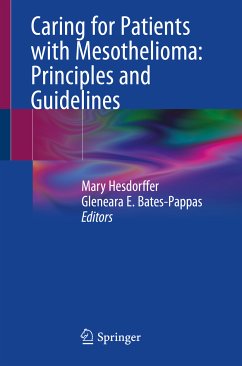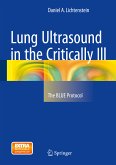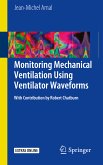This book encompasses all areas for mesothelioma care, treatment, and research. Using nurses, social workers, surgeons, oncologist, radiologist and pain specialist to give the reader a comprehensive overview of mesothelioma treatment.
Indeed, mesothelioma is a cancer that mainly affects the pleura and peritoneum, usually caused by exposure to asbestos. The number of individuals diagnosed with mesothelioma is increasing world-wide, particularly in developing countries where the use of asbestos remains uncontrolled. In spite of advances in chemotherapy, radiotherapy, and surgical approaches, mesothelioma remains resistant to treatment. According to the International Mesothelioma Interest group, overall survival has not improved; median survival times vary from one month to eighteen months. A small number of patients remain asymptomatic or with minimal symptoms for extended periods, and fewer live three years or more. Mesothelioma is often associated with difficult, intractable symptoms, particularly pain and difficulty breathing. Especially poor prognoses have been reported for those diagnosed with sarcomatoid rather than epithelioid histology, or with advanced disease, poor performance status, or pain and loss of appetite. Despite substantial progress of the last two decades improving the quality of life of patients with cancer, many mesothelioma patients still experience physical, psychological, social, and financial burdens. The development of multimodality treatment and mesothelioma centers has given renewed hope to patients. This book serves as a unique tool for medical professional while providing care for mesothelioma patients.
Dieser Download kann aus rechtlichen Gründen nur mit Rechnungsadresse in A, B, BG, CY, CZ, D, DK, EW, E, FIN, F, GR, HR, H, IRL, I, LT, L, LR, M, NL, PL, P, R, S, SLO, SK ausgeliefert werden.









